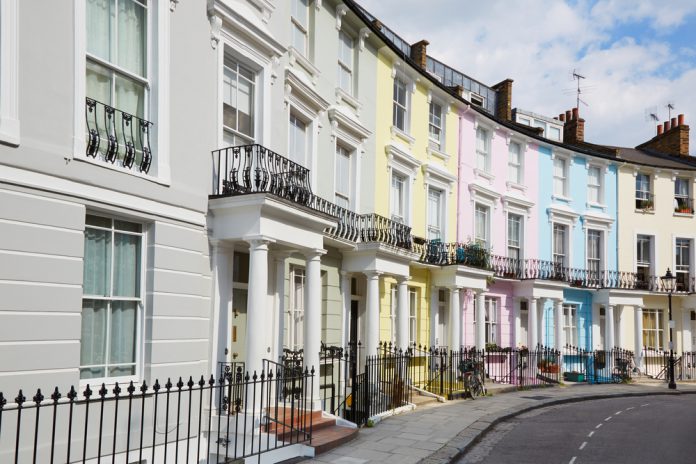A new report has shown that homeownership among young UK adults has “collapsed”.
Research from the Institute for Fiscal Studies shows that the young adults who are earning a mid salary – take-home pay of £22,200 to £30,600 – are half as likely to be homeowners today than in the past two decades.
Only 27 percent of young people on mid salaries owned a home in 2016, compared to 65 percent twenty years ago.
“Homeownership among young adults has collapsed over the past 20 years, particularly for those on middle incomes,” said Andrew Hood, a senior research economist at the IFS.
“The reason for this is that house prices have risen around seven times faster in real terms than the incomes of young adults over the last two decades.”
The study has highlighted disparities across Britain. It made clear that young adults from wealthier families are more likely to own homes compared to those whose parents are from lower skilled backgrounds.
In an attempt to get young people on the property ladder, Phillip Hammond made the issue a priority in his November budget. The Chancellor abolished the stamp duty for the majority of first-time buyers, however, this was criticised for pushing up house prices, benefiting those who already own homes.
Dominic Raab, the housing minister, announced on Friday of a £45 million investment into the building of thousands of new homes.
“Through schemes like Help to Buy, we’re helping more people onto the housing ladder and last year saw the highest number of first-time buyers in the UK since 2006,” he said.
“We’ve recently cut stamp duty for first-time buyers to help thousands more. But we want to go further and faster and our ambitious plan backed by targeted investment will help even more people by delivering the homes Britain needs for young families, key workers and those on low and middle incomes.”

